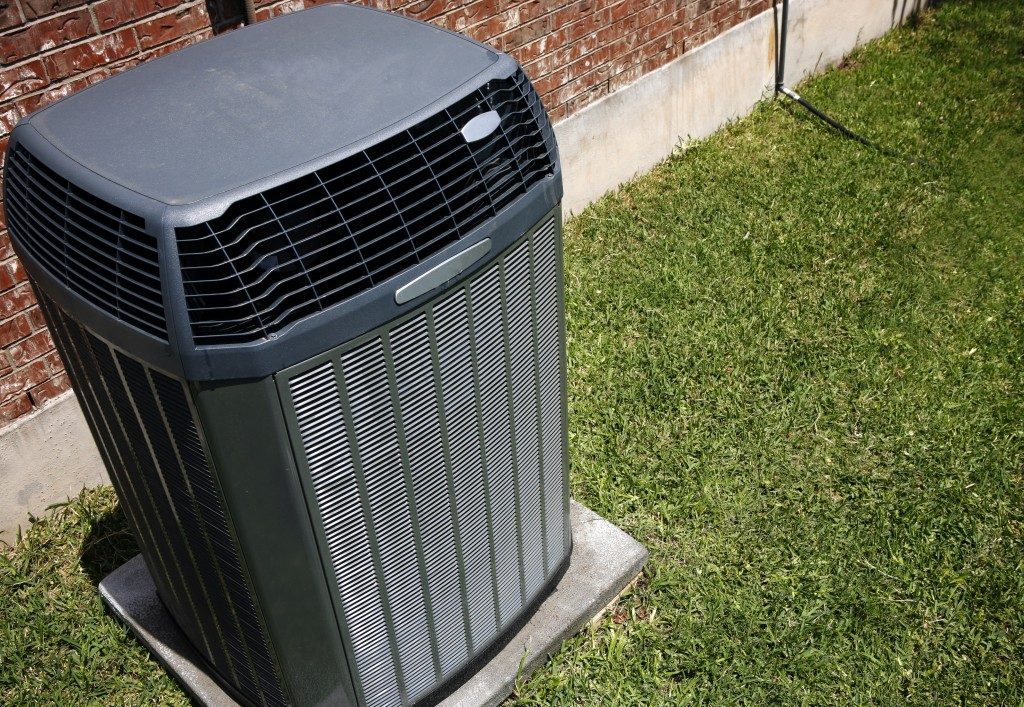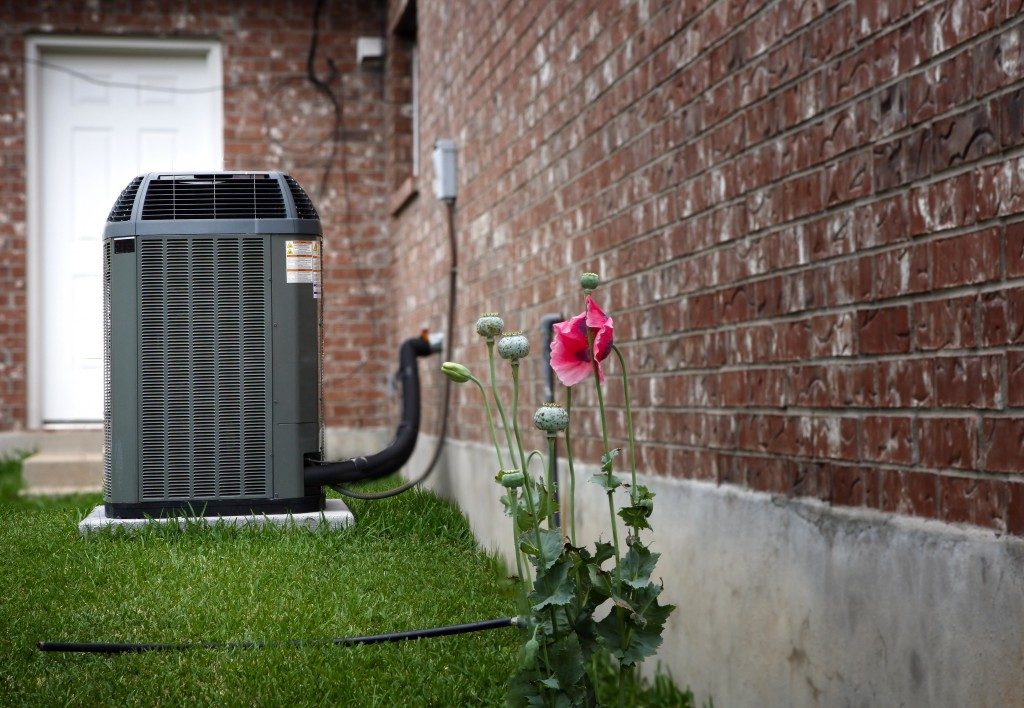Heat pumps have gained popularity recently owing to their efficacy in heating and cooling. They work like air conditioners but use refrigeration rather than combustion principles. When in cooling mode, the pump extracts heat from your interior and exchanges it for the cool outdoor air and vice versa when in heating mode.
One of the aspects property owners want to know from heat pump installers like Airmaster is the energy efficiency of their systems. The exact amount of energy savings you stand to reap from a heat pump depends on your climate, type of fuel and property insulation along with the pump’s Energy Efficiency Ratio (EER) rating.
Other than these aspects, here are some of the options the installers might recommend to boost your heat pump’s energy efficiency.
Zoned Cooling and Heating
A zoned heat pump allows you to manage the airflow to various rooms in your house independently. The system comes with a multi-zone programmable thermostat and motorized dampers. These allow you to set the cooling and heating for different places at different times. This way, you can minimise energy wastage from the cooling or heating of unoccupied rooms.
Dual-Speed Compressors
Heat pumps with standard compressors only operate at maximum capacities throughout. A dual-speed compressor, on the other hand, allows your heat pump to run only at its required capacity at any period. This will not only reduce your energy expense but also decrease the compressor’s rate of wear and tear.
Super High-Efficiency Pumps
These pumps have a desuperheater and a scroll compressor. They desuperheater allows the utilisation of the waste heat from your pump’s cooling mode for water heating at a rate two to three times faster than a standard water heater. Unlike the piston compressor found in conventional heat pumps, a scroll compressor works more efficiently in forcing your pump’s refrigerant into small spaces. This provides more heat for your warm air and enhances your compressor’s durability.
Variable-Speed Motors
 The motors are found on your heat pump’s outdoor fans or blowers and sometimes both. They help in the maintenance of comfortable and consistent air velocity. Opting for a variable-speed motor, which runs according to your heating and cooling requirements, is your best bet to energy efficiency. Additionally, the motor is quiet since your fans and blowers will not always run at full speed.
The motors are found on your heat pump’s outdoor fans or blowers and sometimes both. They help in the maintenance of comfortable and consistent air velocity. Opting for a variable-speed motor, which runs according to your heating and cooling requirements, is your best bet to energy efficiency. Additionally, the motor is quiet since your fans and blowers will not always run at full speed.
Backup Burners
You can supplement your heat pump with a burner, which acts as a backup in freezing weather. The burner will run on fuel options other than electricity and help you cut back on the high energy expenses of heat pumps in cold weather. Some manufacturers have an alternate burner that can be used in conjunction with their heat pumps. If yours does not have one, an installer can set up one for you that uses the same ductwork as your heat pump.
With the above options, high energy costs should not hinder you from investing in a heat pump. Expert installation will also considerably lower your energy cost. This is because there will be minimal installation mistakes which contribute to energy wastage.
